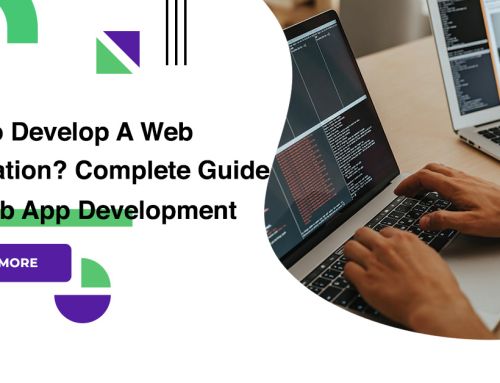A Comprehensive Guide For Salesforce To Dynamics 365 Migration
Selecting the Top Microsoft Dynamics 365 Support Partner is a critical decision that directly influences the performance, stability, and scalability of your business systems. With countless firms offering assistance, identifying the right partner requires a structured approach. The following guide outlines essential factors to consider when choosing a reliable expert who can elevate your Dynamics 365 environment.
Salesforce To Dynamics 365 Migration
Evaluate industry expertise
A knowledgeable partner understands your sector, processes, and challenges. Review their portfolio, client testimonials, and case studies to ensure they have hands-on experience in your field. A partner with proven domain knowledge can deliver accurate solutions faster and prevent avoidable errors.
Assess their technical capabilities
Dynamics 365 is a broad ecosystem that includes Sales, Marketing, Finance, Supply Chain, Customer Service, Field Service, Power Platform, and more. A qualified support provider must demonstrate strong technical abilities across these modules. Look for certifications, training credentials, and verified skills to confirm they have the depth required to support your deployment.

Confirm their support structure & response time
Understand their ticketing system, escalation process, service-level agreements (SLAs), and resolution timelines. A Top Microsoft Dynamics 365 Support Partner will provide transparent communication, 24/7 availability (if needed), and clearly defined support commitments.

Check their proactive monitoring approach
Your partner should not wait for problems to arise. Instead, they must take preventative measures such as system audits, performance reviews, and ongoing optimization. Proactive support reduces downtime, strengthens security, and ensures your platform runs smoothly as your business grows.

Review their upgrade & integration experience
Your support partner must be capable of handling version updates, feature enhancements, and integrations with third-party systems. Their experience with both cloud and on-premise environments is equally important, especially if your business has complex workflows.

Understand their communication style
Effective communication is the foundation of a strong support relationship. The partner should provide clear documentation, regular status updates, and transparent recommendations without technical jargon. This ensures your internal teams stay informed and can make confident decisions regarding system improvements.

Flexibility & customization skills
A leading partner adapts to your requirements and offers tailored configurations instead of generic setups. They should understand your business workflow and deliver solutions that enhance productivity, streamline operations, and align with your long-term strategy.
Consider their long-term vision
The best partnerships focus on future growth, not only immediate tasks. Choose a team that invests in innovation, emerging technologies, automation, and continuous improvement. A partner with forward-thinking capabilities will prepare your system to handle expanding operations and increasing customer expectations.
Conclusion
Finding a Top Microsoft Dynamics 365 Support Partner requires thoughtful evaluation, technical understanding, and a clear vision of your organizational goals. The right partner will not only resolve issues but also strengthen your system, enhance performance, and contribute to business success. By assessing their expertise, communication, and long-term capabilities, you can confidently choose a partner who elevates your Dynamics 365 experience and delivers lasting value.











